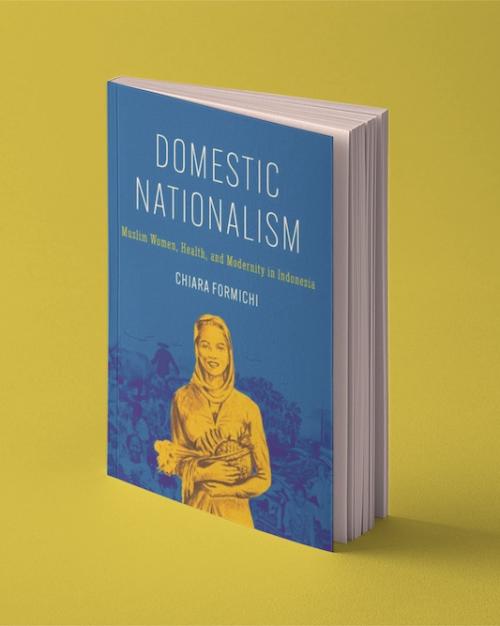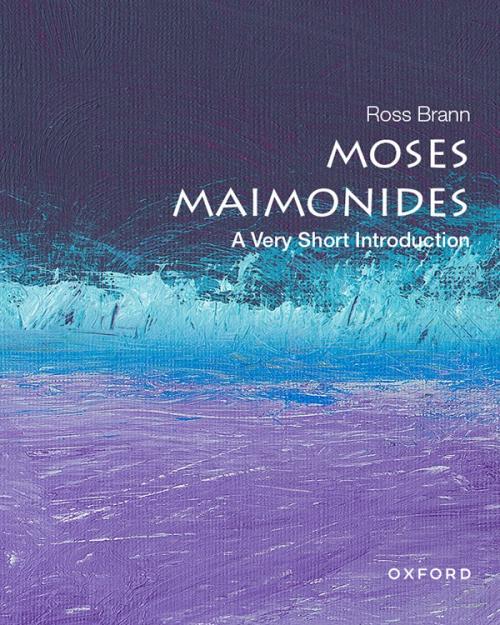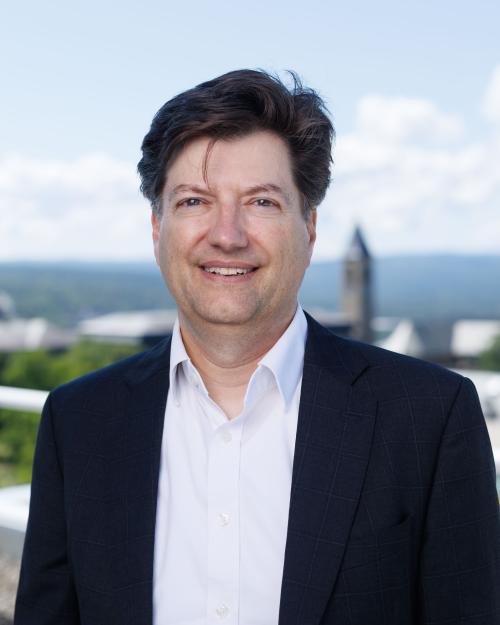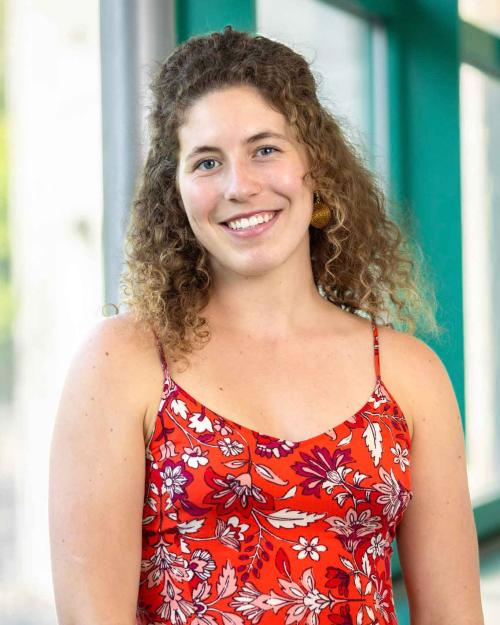Kathryn Cuneo
Religious Studies
Saratoga Springs, N.Y.
What was your favorite class and why?
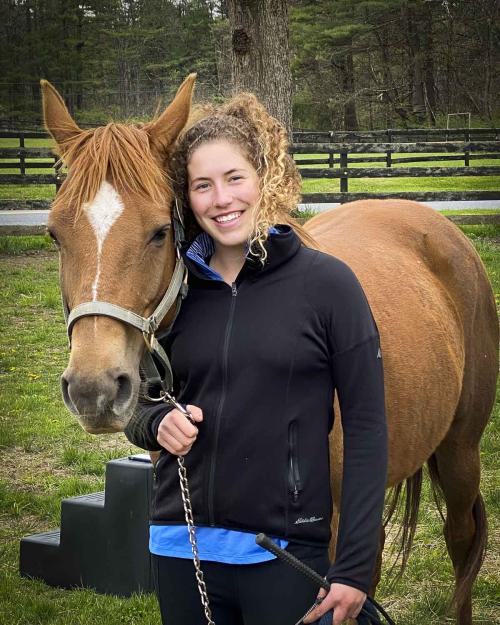
While I have taken many classes that have been an important part of my Cornell experience, my favorite class is “Oil Fictions” with Professor Irina Troconis of Romance studies. I had taken a prior class with Professor Troconis and love her classes due to her unique ability to help students work through theoretical ideas and literary analysis while helping them improve their Spanish proficiency. In “Oil Fictions” we examine oil as a concept through different mediums including poetry, novels, documentaries and art. Throughout the semester, we have explored what narratives about oil are made available to us, most often claims of oil as an agent of wealth and modernity, and which narratives are withheld. I have enjoyed our class discussions, how relevant the course material feels, and have learned a lot more about petroculture and Venezuela.
What Cornell memory do you treasure the most?
My study abroad experience in Santiago, Chile through the Consortium for Advanced Studies Abroad (CASA) program at Cornell is definitely a special memory. I lived with an amazing host family who brought me to all of their friends’ houses — which was a lot because Chileans are very social — and for trips to el campo “to escape the city air.” I also took classes at the Universidad Católica where I worked on many group projects with Chilean students, and frequently hiked on the weekend as many of the mountains around Santiago are accessible by public transport. I loved my study abroad experience and I would love to go back to Chile and visit my host family soon. There is so much learning that happens in study abroad that can’t take place in the classroom. I learned how to speak Chilean in addition to Spanish (because Chileans joke that their dialect is so different it’s another language) and by the end of my five months I felt I was able to participate in and understand Chilean culture.
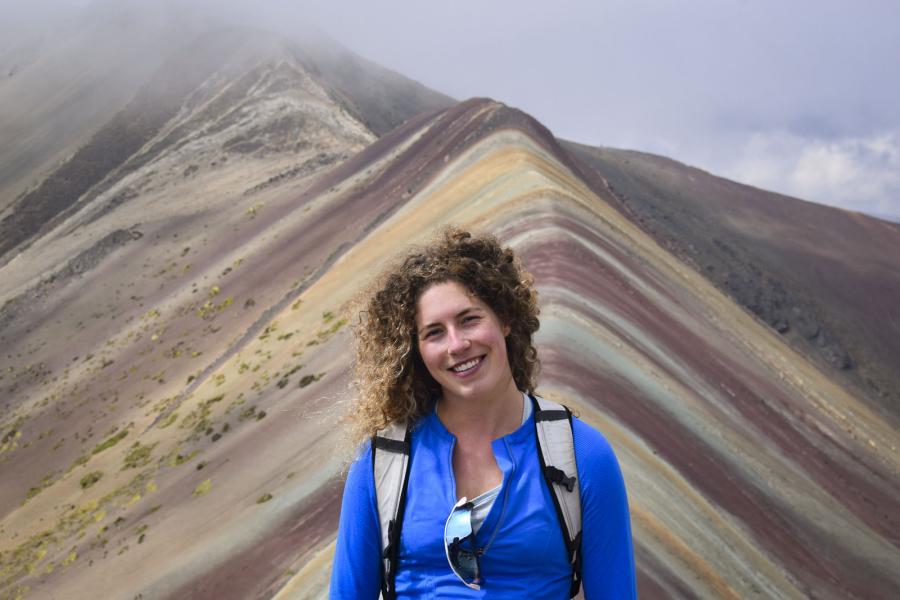
What are the most valuable skills you gained from your Arts & Sciences education?
The most valuable skill I gained is learning to speak Spanish. I entered Cornell having studied only French. I chose Spanish because despite the six years of French I still did not place out of the most basic class. At first, I found the Cornell Spanish courses extremely difficult and overwhelming. The rigor of the course work was demanding as class was held five times a week and homework would take more than an hour every night. However, I stuck with it and once I started gaining foundational proficiency, Spanish became easier and I started to like learning it. I ended up studying abroad twice with two Cornell programs, I am qualified as a Translator Interpreter Program (TIP) volunteer interpreter and was I approved as a volunteer medical interpreter for a nonprofit as well. Learning Spanish, more than just a tangible skill, has restructured how I see the world around me and has given me a greater appreciation for my role as a global citizen. I plan to continue improving my Spanish to an ability that I could offer bilingual care to patients when I become a doctor.
What have you accomplished as a Cornell student that you are most proud of?
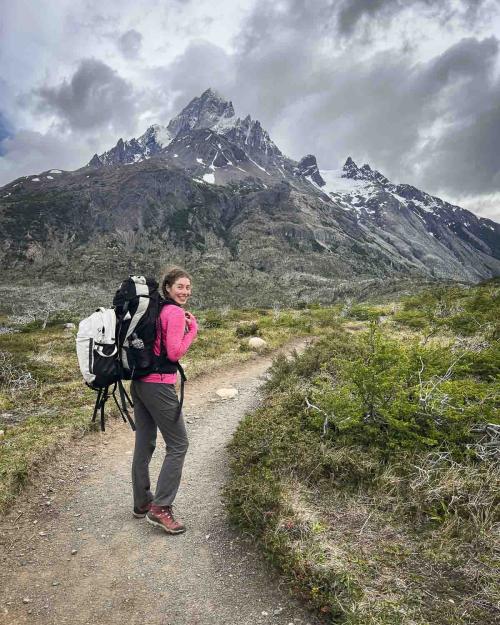
I am proud I decided to become a religious studies major. Religious studies is a very small major and sometimes confusing to people when I am asked what I study. The follow-up question I receive most often is if I am religious myself — which I am not. I decided to become a religious studies major because I think it is interesting to see the way people prescribe meaning to things and how religion can motivate people. In one of my classes, “Crossing the Apocalypse” with Professor Kim Haines-Eitzen, we read ancient biblical apocalyptic texts and investigated what resonances exist with the current climate crisis. I like how interdisciplinary religious studies is because students who study history or literature, or who come from a religious background all contribute differently to the class discussion. Being pre-med I wanted to develop my critical thinking and writing abilities in a way I didn’t think a STEM major offered and am happy with my choice. I think religious studies is a good major for those preparing for medical school because a lot of “medical” events (such as birth and death) have meaning to patients that Western medicine does not hold space for. Religious studies has allowed me to try to understand beliefs and truth claims people hold (including scientists) and if they are at odds with each other.
How have your beliefs or perspectives changed since you first arrived at Cornell?
College has exposed me to new ideas and reframed how I think. This reframing happens by trusting that, as an adult now, I have enough of my own lived experience and solid judgment to formulate my own opinions. As a graduating senior, I trust myself and my decision-making more than when I entered Cornell. I think I am less reliant on those around me for cues on what to believe or what to think.
Every year, our faculty nominate graduating Arts & Sciences students to be featured as part of our Extraordinary Journeys series. Read more about the Class of 2024.

